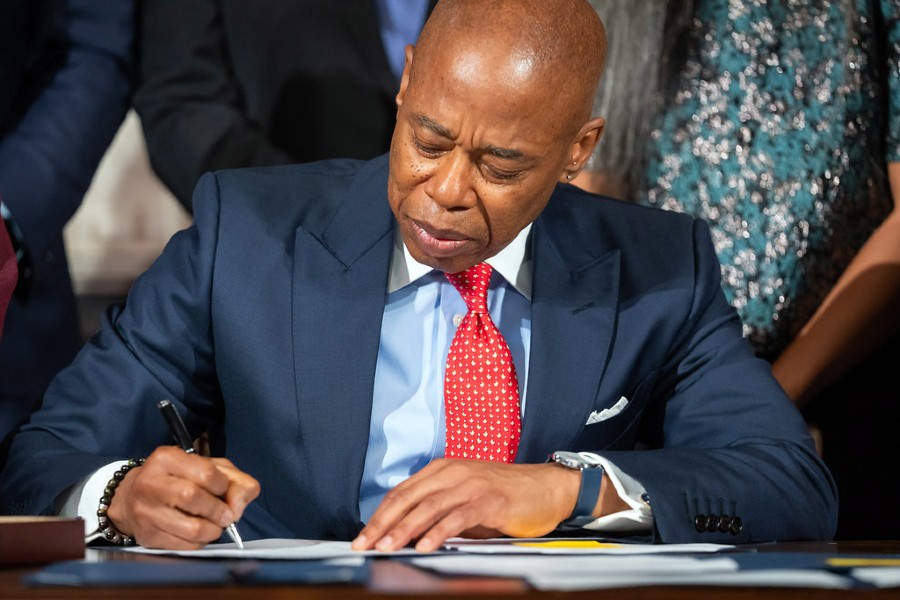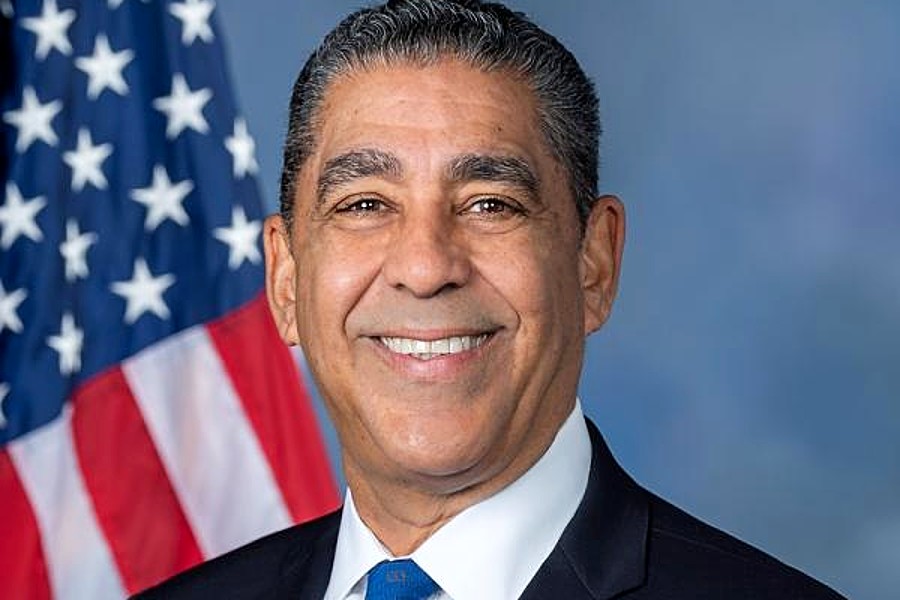
Does education affect the political activity of citizens in the state? Studies show that higher levels of educational attainment mean greater participation and effectiveness on issues.
Citizens in a state are more likely to be politically active if they have more education. This is a well-known fact that has been proven by many studies over the years. However, there are still some people who believe that education does not affect political activity. There are so many different unique government essay topics for free online, which will help you understand this topic. Also, this topic is often discussed at the university and essays are asked. Today, we will examine the evidence and see why it is clear that education does indeed play a role in how politically active citizens are. Below we will try to understand this issue and find patterns.
What is the relationship between education and political activity
There is a well-established relationship between education and political activity. The more educated an individual is, the more likely they are to vote, to join a political party, and to engage in other forms of political participation. This relationship has been observed across countries and cultures, and it generally holds true regardless of age, gender, or income level. While there are many factors that contribute to political engagement, education is typically seen as one of the most important.
That’s because education provides individuals with the critical thinking skills and knowledge necessary to engage in thoughtful and informed political discussion. Plus, education often leads to greater social and economic opportunity, which can help to increase one’s interest in politics.
Educational attainment is often used as a proxy for other important variables, such as income level and social status. While there is no guarantee that an individual with a college degree will be politically active, the research shows that they are more likely to vote, to join a political party, and to engage in other forms of political participation than those without a college degree.
How has this been studied in the past
The relationship between education and politics has been a subject of study for many years. In the past, the focus has been on how educational institutions can influence the political process. However, more recent research has begun to examine how politics can impact education. For example, studies have shown that funding for education is often based on political factors such as which party is in power. Plus, decisions about curriculum and standardized testing can also be influenced by politics.
What are the current findings
A new study sheds some light on the relationship between education and politics. The study found that people with higher levels of education are more likely to political knowledge and to participate in politics. In addition, they are more likely to vote for candidates who share their values and to support policies that they believe will improve their lives. Ultimately, the study shows that education plays a vital role in shaping our political landscape.
What does this mean for citizens in the state
1. An educated citizenry is more likely to be engaged in the political process. They are more likely to vote, to run for office, and to participate in civic organizations.
2. An educated citizenry is better informed about the issues facing their state and country. They are less likely to be swayed by misinformation or emotion, and more likely to make thoughtful decisions about who to vote for and what policies to support.
3. An educated citizenry is more productive. With a better understanding of the world and how it works, they can create new businesses and jobs, and contribute to society in a variety of ways.
4. An educated citizenry is healthier. Studies have shown that people with higher levels of education are more likely to live longer, healthier lives. They are also less likely to smoke, abuse drugs or alcohol, or engage in risky behaviors.
5. An educated citizenry is happier. People who are well-educated tend to report higher levels of happiness than those who are not. In addition, they are more likely to be satisfied with their jobs and to have strong relationships with family and friends.
How can we use education to improve democracy
In a democracy, citizens are supposed to participate in self-governance by voting and engaging in other forms of civic involvement. However, many people do not take advantage of these opportunities, resulting in low voter turnout and a lack of engagement in the political process.
One way to encourage more democratic participation is through education. If citizens are taught about the importance of democracy and how their votes can make a difference, they are more likely to get involved in the political process.
Conclusion
Education can help people become better informed about the issues that affect their lives and make more informed choices when they vote. By making democratic participation more accessible and understandable, education can play an important role in improving democracy.
Become a Harlem Insider!
By submitting this form, you are consenting to receive marketing emails from: . You can revoke your consent to receive emails at any time by using the SafeUnsubscribe® link, found at the bottom of every email. Emails are serviced by Constant Contact








